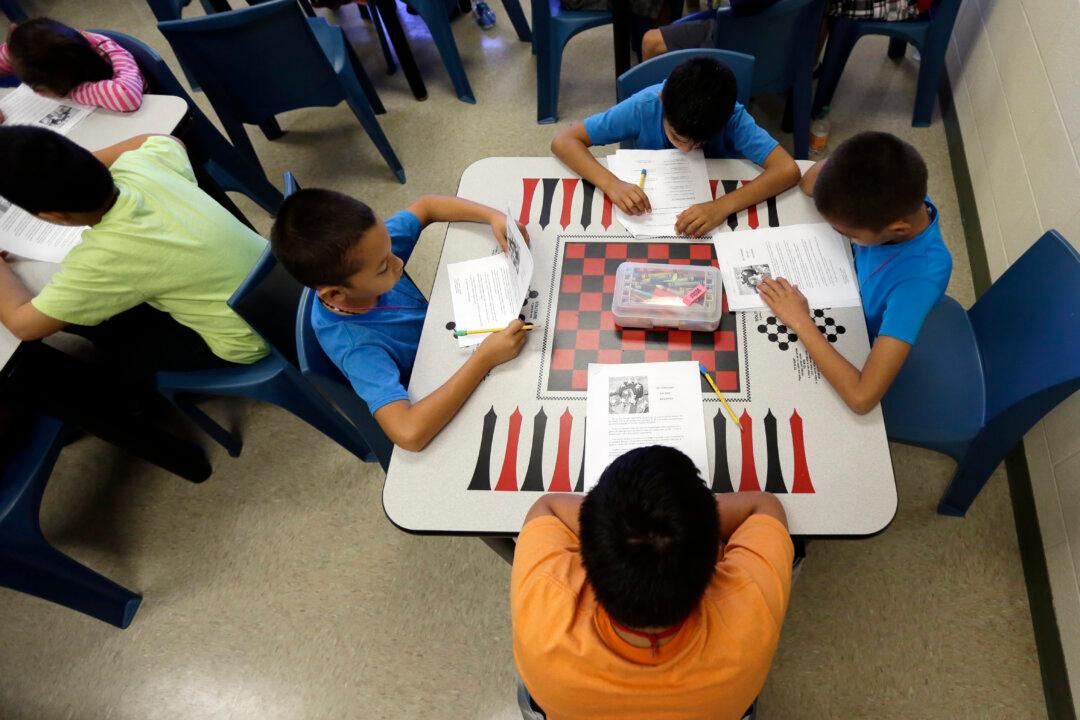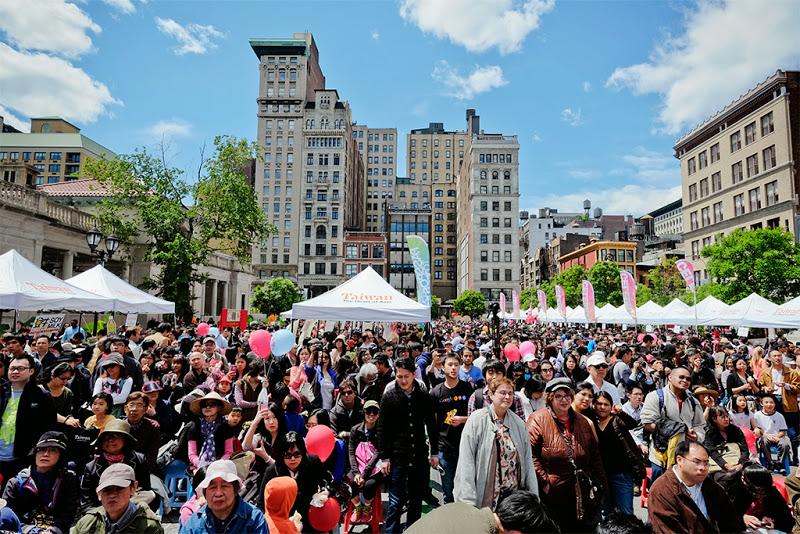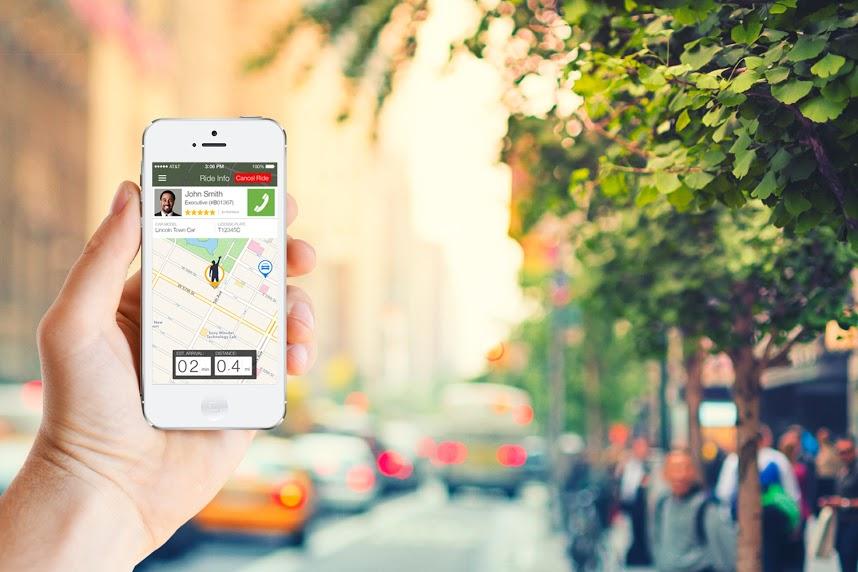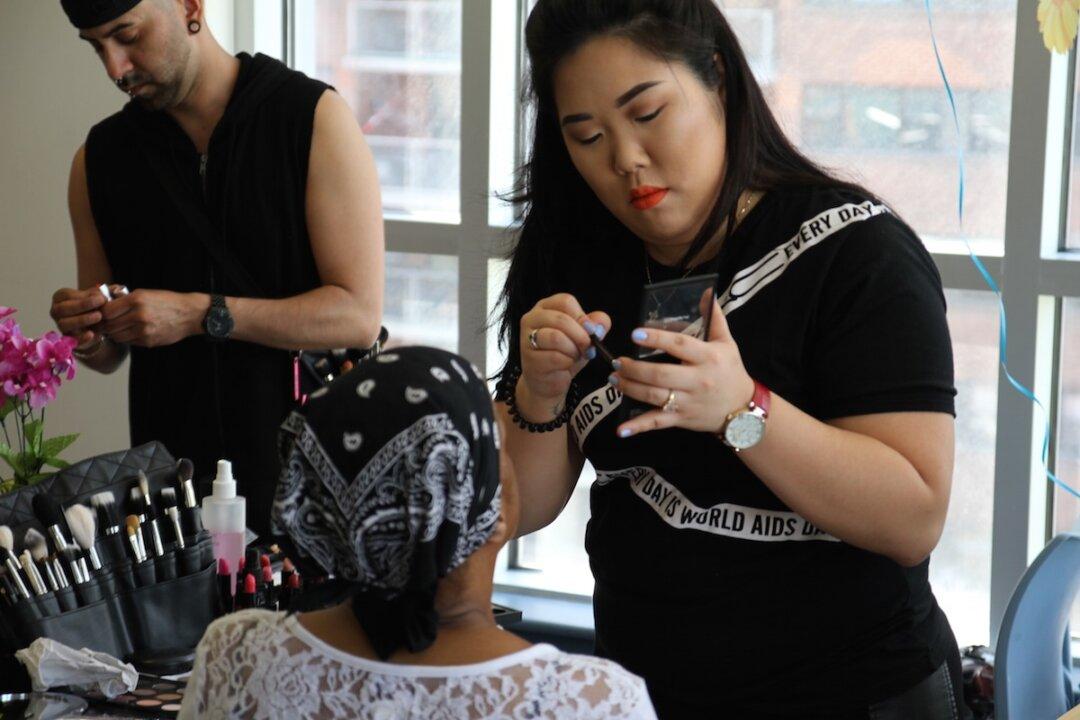NEW YORK—Paola Flores loves her 13-year-old daughter, Yennifer, so much that she asked her to jump the border from Honduras to New York—arranging for a smuggler to bring her to New York.
“We had to send for our children, they were suffering over there,” Flores, 35, said of her and other parents like her.
She was arrested in 2004 for crossing the border but managed to avoid deportation by skipping her court appearances.
It is not uncommon for Central American parents to leave their young children behind with other family in order to come to work in the United States—sending a large cut of their salaries home to provide for their children.
Most of the children are from Honduras, El Salvador, and Guatemala, and cross the border alone to escape escalating violence in their home countries.
Outside of Texas, New York is the hottest destination for unaccompanied minors arriving illegally, housing a total of 4,244 migrant children. A mayoral press aide estimated that the federal immigration court for New York City sees about 30 migrant children cases per day.
Under Mayor de Blasio’s initiative, which began last week, representatives from the city education and health departments have been stationed at the federal immigration court teaching migrant children about the free services the city offers.





